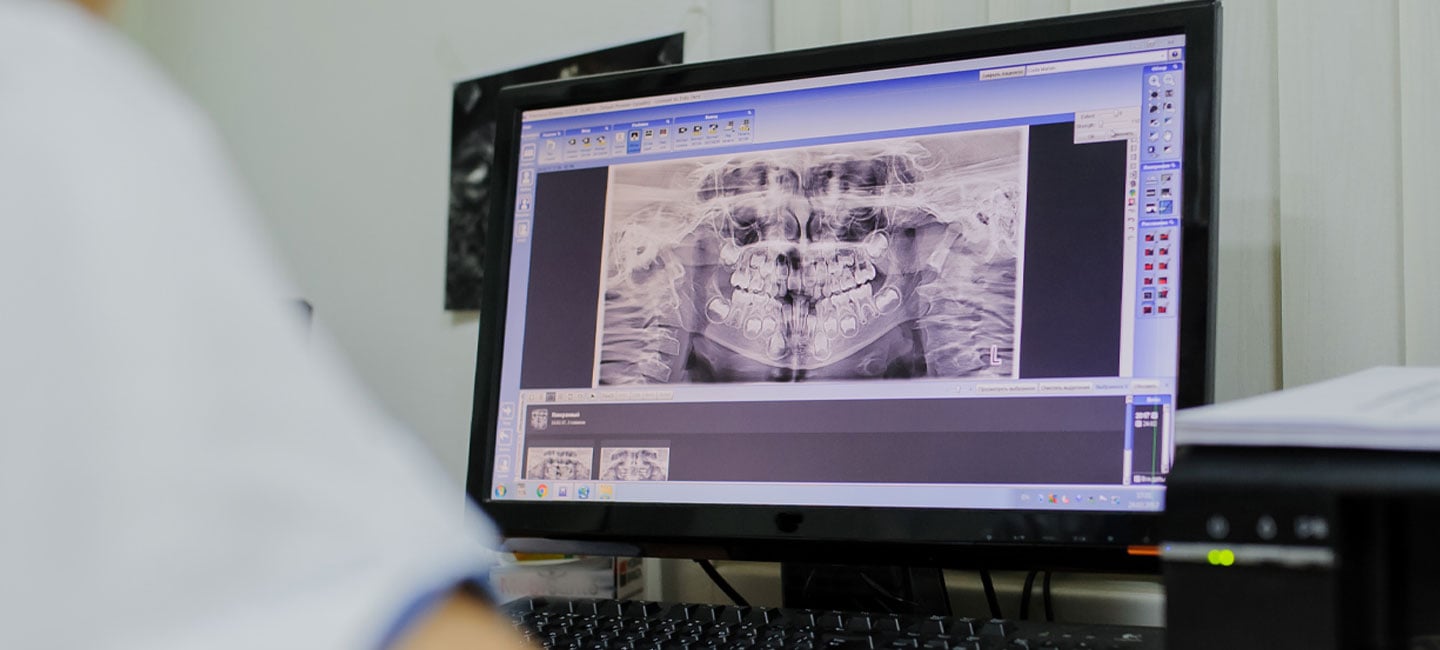Delayed Dental Procedure Reveals Osteosarcoma Diagnosis
Roisin O’Leary was experiencing pain in her jaw and wisdom teeth, according to a recent interview with the BBC. The 29-year-old from Paisley, Scotland had a procedure scheduled to remove her wisdom teeth last April but was forced to reschedule due to the COVID-19 pandemic.
The pain continued for months, and in September she noticed a lump forming. Eventually she had her wisdom teeth removed but the lump kept growing.
"By January it was getting bigger and the right side of my jaw was all swollen," said O’Leary. "I kept calling the dental hospital and telling them things were changing quite quickly."
Further testing revealed the lump was actually a cancerous tumor. She was diagnosed with osteosarcoma.
"I'd been speaking to my [general practitioner] about my mental health and anxiety," said O’Leary. "I told her I thought I was going mad; something didn't feel right with me. It was just my body's way of letting me know something wasn't right."

Dr. Damon Reed, medical oncologist
According to Dr. Damon Reed, an oncologist in Moffitt Cancer Center’s Department of Individualized Cancer Management, osteosarcoma commonly appears during growth spurts. It typically begins as a pain in a bone, most commonly in the legs or arms, but eventually worsens over time.
“Since osteosarcoma usually appears in teens and young adults it can often be dismissed as growing pains,” said Reed. “Bone pain that is worsening week over week should prompt a medical visit. It shouldn’t worsen over time, be on one side only and last weeks.”
O’Leary’s treatment plan includes chemotherapy and surgery to remove part of her jawbone. Her bone will be removed and reconstructed with skin grafts from her leg.
Dr. Caitlin McMullen, a surgeon in the Head and Neck Oncology Program at Moffitt, said it’s rare to see osteosarcoma appear in a patient’s jaw. Less than 15% of all osteosarcoma cases occur in the head and neck area.
“Many of our oral cancer patients are identified by their dentist,” said McMullen. “We are grateful for our dental colleagues and their keen awareness for concerning problems that need evaluation with a head and neck cancer specialist. This is why dental screenings are so important.”
With certain routine medical screenings or procedures being delayed due to COVID-19, McMullen says it’s important to be aware of symptoms that should not be ignored.
“Persistent or growing oral sores, persistent severe jaw pain or numbness and facial swelling are a few critical signs that something serious could be going on,” said McMullen. “Someone should definitely see their dentist or physician if they are noticing these problems.”



